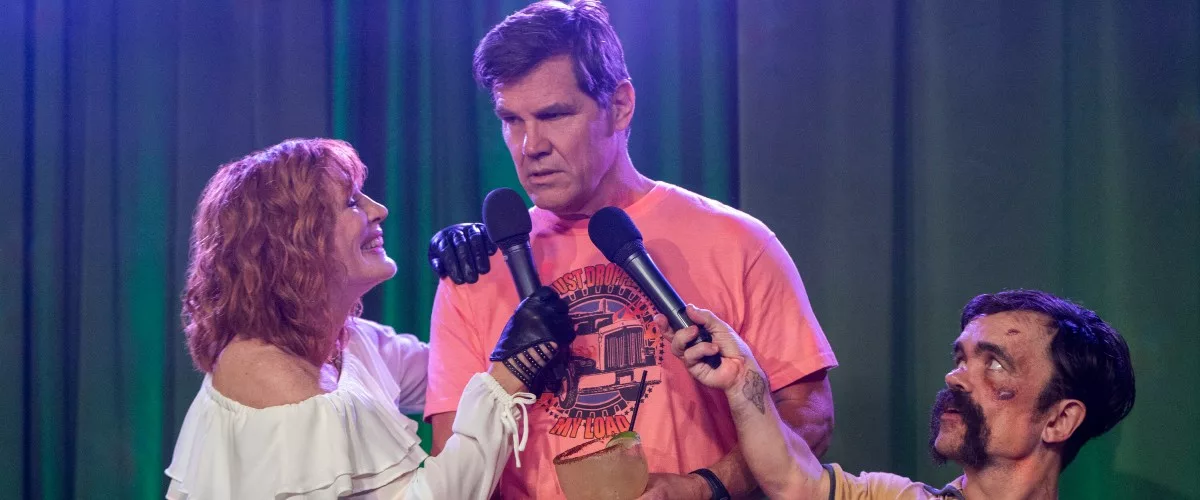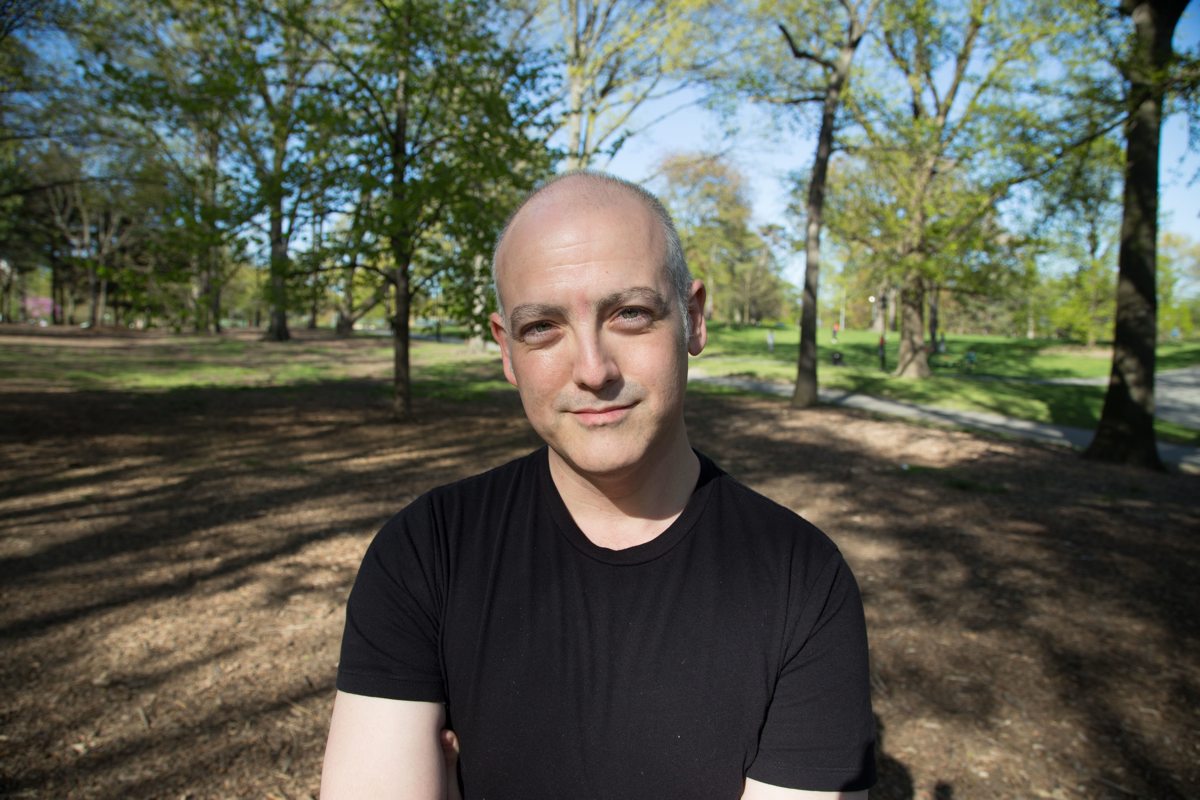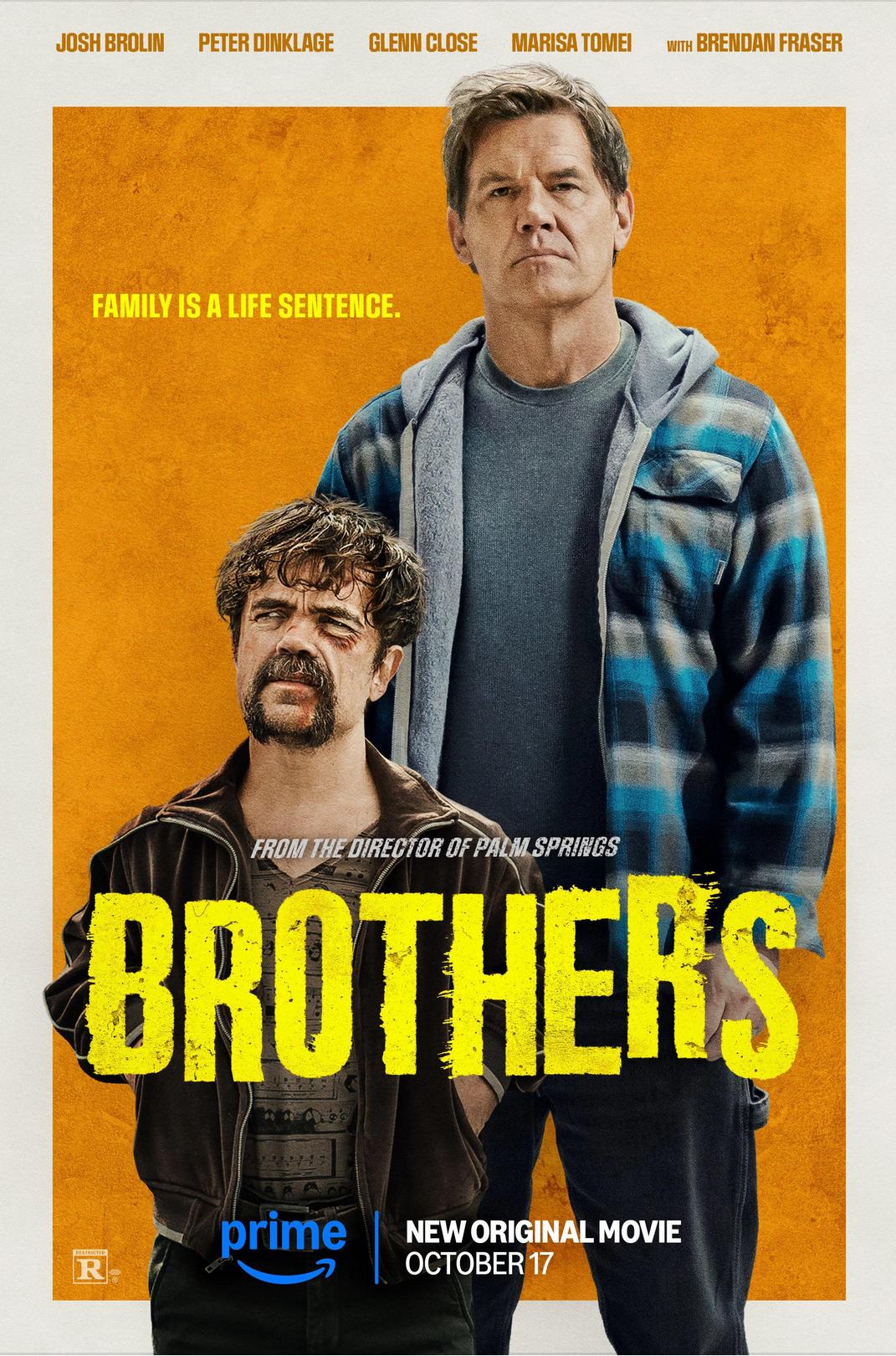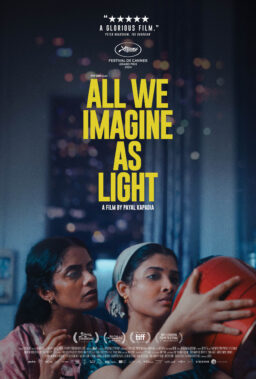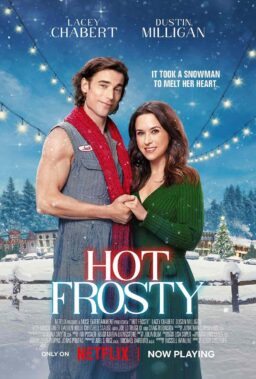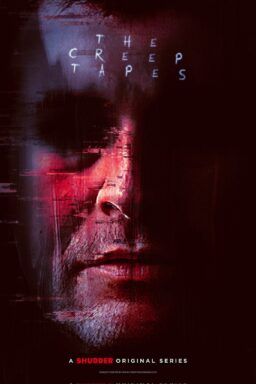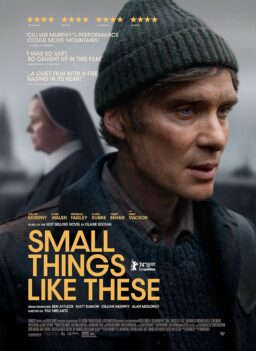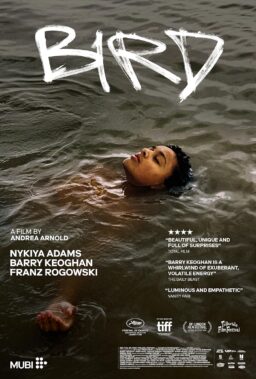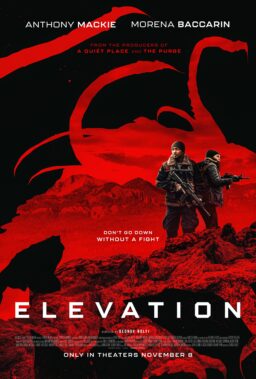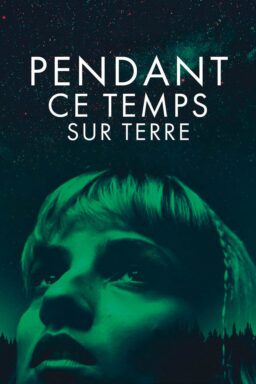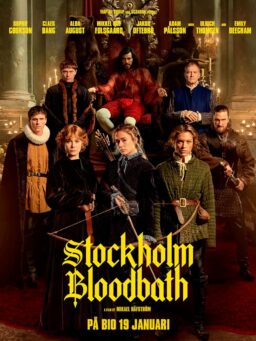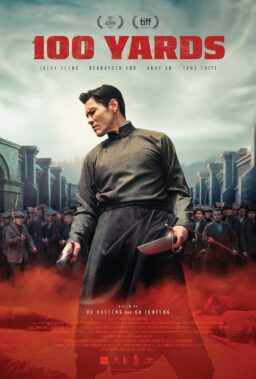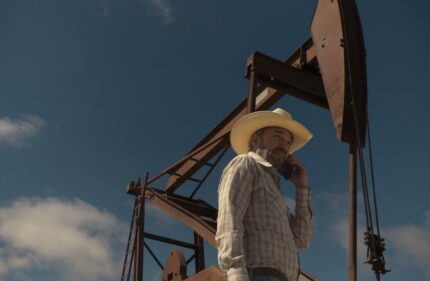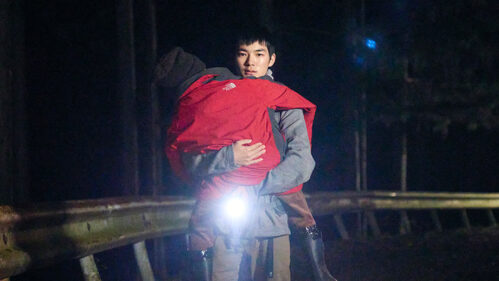The late, great character M. Emmett Walsh makes his final screen appearance in the crime comedy "Brothers," which stars Peter Dinklage and Josh Brolin as thieving siblings bickering while they try to pull off the One Last Heist that'll let them retire. The role is a fitting sendoff for Walsh, for three reasons. One: Walsh plays a mad hatter of a judge who wheels around his palatial estate firing off a shotgun and yelling—the sort of wildly caricatured supporting role that Walsh used to crush regularly. Two: Walsh became a superstar character actor, as opposed to a gainfully employed one, after he played the corrupt detective Visser in the Coen Brothers' 1984 debut "Blood Simple," then followed it up with a hilarious cameo in their next movie "Raising Arizona"; the cult success of the latter sparked a mini-genre of cartoonishly violent but heartwarming slapstick comedies with thick, non-coastal American accents that "Brothers" adds to, in its own shaggy way. Three: Walsh was one of the actors who prompted Roger Ebert to coin the "Stanton-Walsh Rule," which holds that no film featuring M. Emmett Walsh or Harry Dean Stanton can be completely bad.
"Brothers," which was written by Macon Blair ("Blue Ruin") and directed by Max Barbakow ("Palm Springs"), is far from completely bad. In fact, it's a pretty good movie that, thanks mainly to its performances, has a lot more life than you might expect, given the concept and the formulaic way that it hits its major story points.
Dinklage plays J.D. "Jady" Munger, who is no genius but has a criminal mind that towers over that of his brother Mike aka "Moke" Munger (Brolin). Moke mainly serves as muscle in a string of increasingly daring robberies throughout the lads' youth. It's inferred that they've gone down this road because their mother Cath (Jennifer Landon), herself a career criminal, abandoned them one Thanksgiving to go enjoy felonious hijinks with her no-account boyfriend and was never again heard from by her kids. In a twist that powered many a crime thriller, Jady gets caught during a heist and does hard time in prison while Moke remains free and becomes respectable, getting a job at a fast food restaurant and marrying his girlfriend Abby (Taylour Paige). After Jady gets an early release, he tries to sever Moke from the respectable new world he's built around himself and drag him into a scheme to steal emeralds hidden in a safe at a garment shop in another city.
There are a lot more machinations going on in the script for "Brothers," including the subplot about the judge and his son. They're both referred to as "Farful," though the elder is addressed as "Judge Farful." Farful the Elder (Walsh) contrived to have Jady released early so that he could do the emerald theft and kick back most of the money from selling the rocks. Farful the younger, played by Brendan Fraser, is a constant presence in Jady's post-prison life, forcing him to put his fingerprints on an Uzi that can be used to return Jady to prison if he deviates from the plan, and regularly terrorizing him to keep him on-leash (Farful even talks about training Jady to be a grateful little doggie).
I don't think it's much of a spoiler to tell you that mom is not, in fact, gone forever from the boys' lives, and that Glenn Close plays her elder incarnation, given that Close's name is on the poster and in the opening credits and in ads for the movie, and that the brothers age into their adult versions within a few minutes and the filmmakers aren't going to slather age makeup on Landon when an age-appropriate multiple Oscar-nominee is right there on the call sheet waiting to jump in and tear up the screen (which she does). In movies like this, you know what the pieces are and how they'll all fit together. The filmmakers aren't coy about showing you the plan for assembly. There are heartrending confessions and painful moments of sibling truth-telling where you expect them to fall, given whatever's happening in the story at that moment.
What makes "Brothers" endearing are the believable energies flowing between the actors in both very quiet and very loud scenes (sometimes with vehicles crashing and stunt people flying through the air as if they've been shot from catapults). Like all the performers in the main cast, Dinklage and Brolin aren't aiming for documentary realism: not for nothing is Wile E. Coyote cited in conversation. These people aren't finely etched, they're drawn on a wall with magic marker. And they're losers in life. The movie never lets you forget that these two are, for all their fearless/reckless momentum, pretty small fish, and their exploits mean nothing in the wider scheme.
Dinklage is perfectly cast as a hardboiled goofball. The craggier his face gets with age, the more gravitas he has, and the more pathos and hilarity he can wring out of that innate core of dignity by keeping a poker face while his characters are being beaten, humiliated, and otherwise treated like cogs in a crude machine. You also believe that he's nearly un-shockable: a reprobate for the ages. Brolin matches Dinklage in assurance. He plays the more submissive and manipulatable brother with absolute commitment, as if he's a 1990s-vintage Matthew Broderick schmuck, but in a muscle suit.
Close and Fraser aren't onscreen as often as Dinklage and Brolin, but when they are, they give the film jolts of energy that prevent it from settling into too comfortable a groove. Close is a canny enough actress to keep you guessing about whether Cath is capable of manifesting even a shred of authentic motherly love (she's at her best playing characters you can't quite get a read on). Fraser continues his recent streak of knockout supporting performances by playing Farful as man whose pathetic and self-destructive qualities are plainly visible to everyone but is so big and full of rage (mainly at his father's awfulness) that no one dares point them out because he could very easily snap and kill someone. Paige does the best she can in a mostly sidelined role, of a kind that has been featured in many prior crime movies and that tends to be thankless no matter how good the writing is. (Abby represents the normalcy that is anathema to people like Cath and Jady—and to cinema, probably.) Marisa Tomei reconnects with her "My Cousin Vinny" daffiness as a prison correspondent of Jady's who invites him to drop in and get busy after he gets free. She proves to be one of the movie's most bizarre characters, which is saying quite a bit.
Barbakow seems to have a gift for letting performers roam around inside the fiction and supply their own moments of invention but reeling them in whenever they are about to get too "big" or uncontrolled and break the spell. During the climactic face-off between the main quartet of actors, an intensely personal conversation between the brothers is backed by the distant sound of Farful hoarsely screaming comic nonsense at them, and there are several moments where Dinklage pushes an already funny moment into the realm of the sublime with a wordless reaction: blinking quickly, rolling his eyes, pursing his lips. (There's a special art to editing madcap comedies filled with big personalities, and editors Christian Hoffman and Martin Pensa have mastered it.)
There's a scene about halfway through involving an orangutan that's so over-the-top heedless in its ridiculousness and its disinterest in anything resembling good taste that I won't describe it here because it needs to be encountered without advance preparation. Let's just say that it belongs alongside the hair gel scene in "There's Something About Mary" and the scene in "Sideways" where the heroes are chased by a bellowing naked man with his dangle flapping. I gave the movie an extra half-star because of it. I'll let you decide if this is evidence of critical discernment or a cry for help.
On Prime Video now.
